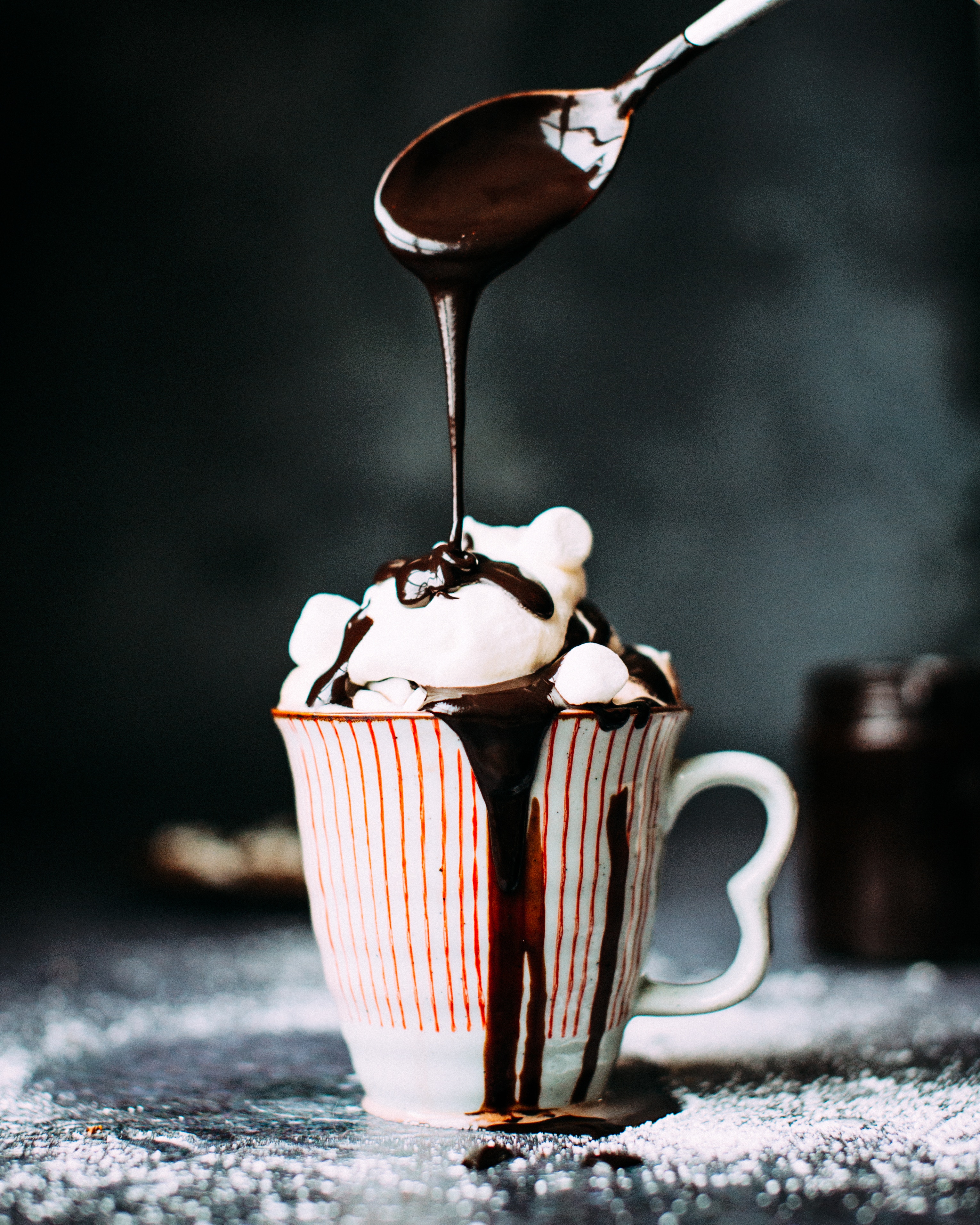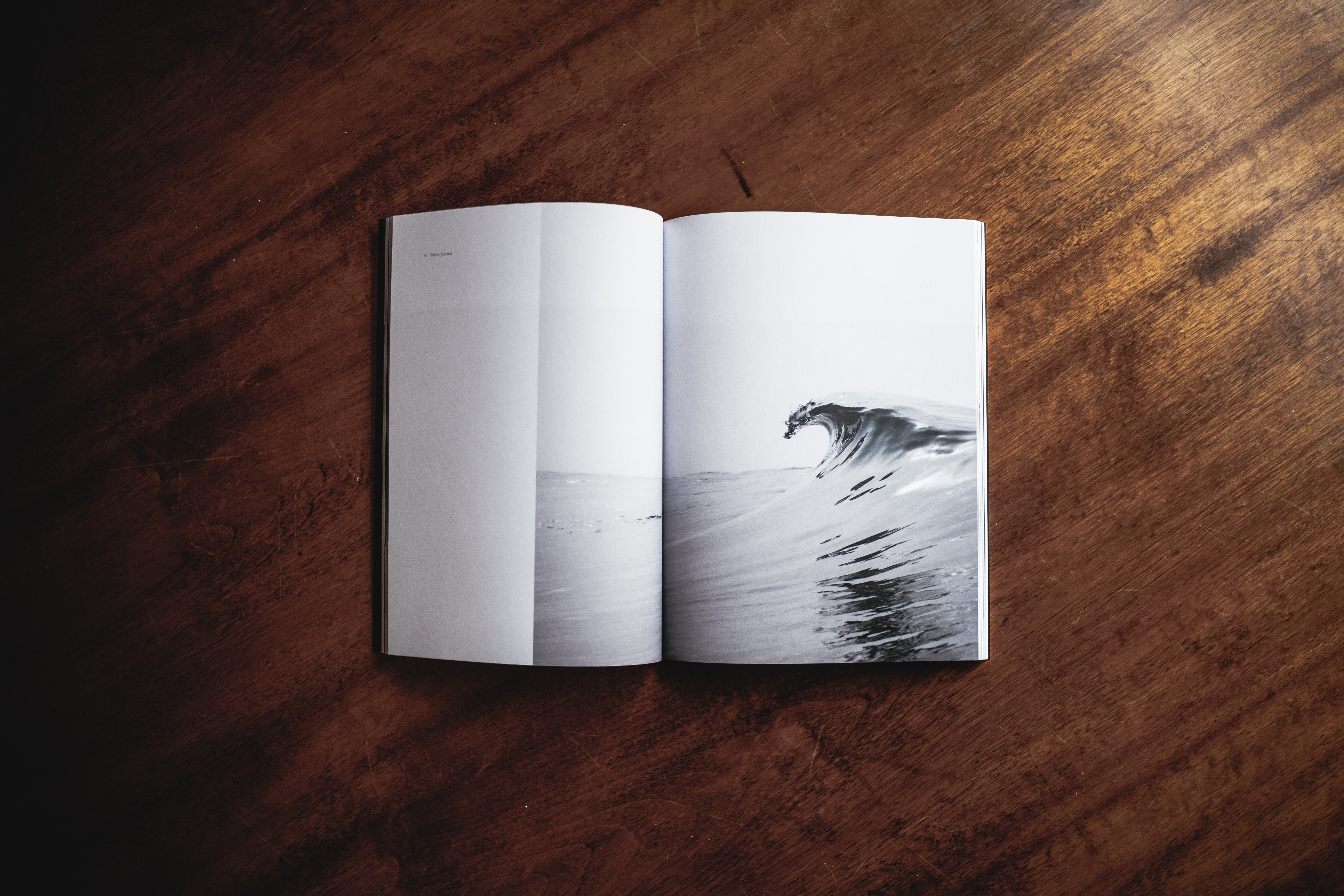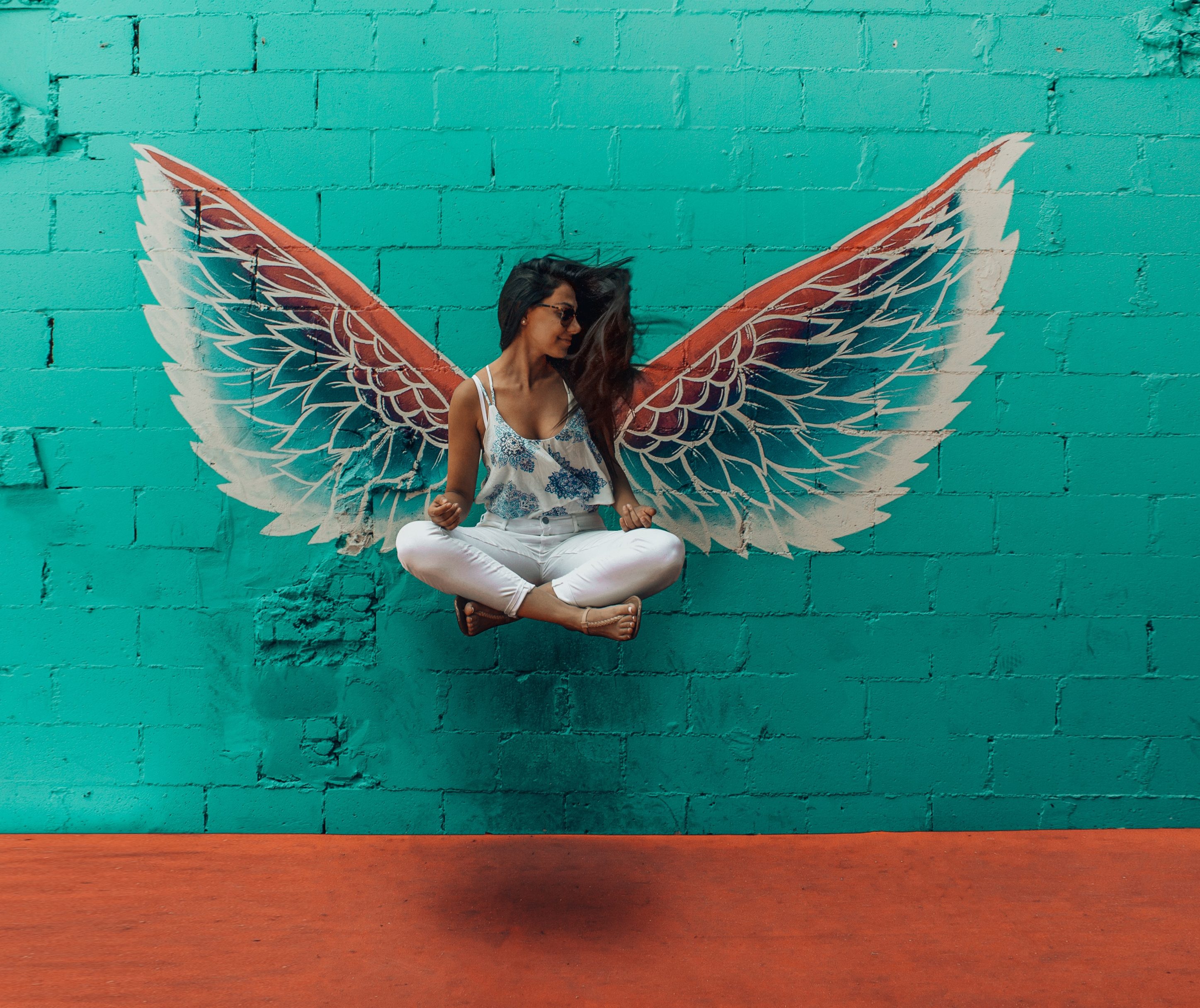Get a handle on your anxieties by beating these common triggers
Anxiety – it’s still shrouded in mystery and derision. I’ve often heard ‘just don’t get so anxious about things’ from people who just don’t get it.
The worrying thing I’ve noticed with anxiety is that it snowballs over time, you can learn to be anxious, which in turn makes you build it up. Not a great situation to get yourself in. Whilst we are talking more and more about anxiety and its effects on us there is still a lot of mystery around it.
I wanted to write about anxiety as I’ve had diagnosed heart palpitations since I was a teenager, and some years ago my anxiety sky rocketed after a trying divorce. I have worked on it over the years and now have a really good handle on my situation.
There are a few triggers I have come to know well over the years and I think to many people suffering in silence with their feelings of anxiety, these might not be well known.
In this blog I’m highlighting some of the things that may affect anxiety – it’s not the definitive guide and if you feel it’s becoming overwhelming or difficult I would always recommend talking to someone and seeing a doctor for support.
Physical Triggers
We need to be aware of physical triggers, as the physical feelings can often give rise to emotional feelings of anxiety. It’s kind of CBT. The thoughts trigger physical feeling and vice versa.
Get to know your body, what feels normal and what isn’t. I said anxiety can be learned, and as I have calmed my feelings down I have noticed it takes my physical body a while to let go of the anxiety. We have physical memory that’s nothing to do with our brains. Your body thinks to itself ‘OK this is a situation that makes me anxious, I’ll get breathless and sweat’.
It takes time for your body’s chemicals to flush through your system too. Some people think it takes about 40 minutes for adrenalin or cortisol to wear out – and that’s if you’re feeling calm enough to get a hold of it.
Common physical triggers
Alcohol – called ‘Grog Heart’ in Australia, alcohol can send your heart fluttering and palpitating. So, that glass of wine you drink to de-stress could actually be making you feel a whole lot worse…
Sugar – a sugar rush has the same type of effect as the alcohol. It gets you fired up quickly, gets you pumped and, if you are sensitive, it can give you the jitters.
Caffeine – OK, you probably know this one, but look for hidden sources of the little devil! I have been off the caffeine now for over 15 years so I’m pretty sensitive to it. I find chocolate at bedtime can make me feel unsettled, I don’t take fast-acting painkillers, or use eye creams or shampoos with caffeine in them either.

Dehydration – yep, being dehydrated can give you heart palpitations – get drinking water people!
Your cycle (if you’re a woman) – dehydration and tiredness during a period can trigger feelings of a fluttery heartbeat and depending on your age, the menopause or the peri-menopause can also cause feelings of anxiety.
Physical triggers are unhelpful because even if you’re not experiencing feelings of anxiety they mirror the effects and your good old brain jumps straight in there telling you that you are anxious!
If you can’t cut these things out then reduce them at strategic times like bedtime or a big event.
Emotional or mental triggers
There are lots of ways we self-program our brains and bodies to be anxious. Over time, these layer up and it can feel overwhelming to try and break through. But you can! Even if it’s just a small start, 1% less anxiety in your day is worth fighting for.
Similarly to physical triggers, thoughts and emotional responses can trigger physical symptoms. Then that wily brain of ours uses those symptoms as proof and says ‘look, you must be anxious, your body is feeling it!’
Common emotional triggers
Shame – or anxiety about being anxious. This is so common and lots of people I talk to feel concerned about people finding out, or feeling silly. Secrets aren’t usually fun. The fun secrets are those we share – like a surprise party. Keeping things to ourselves only helps hide them under layers of shame. Shame is a nasty emotion and drives people to believe they are ‘bad people’. Adding complexity to your situation, like keeping your anxiety a secret, will only make it more difficult to manage.
Please, please, please, tell someone about it. Reach out to me if there isn’t anyone else you would like to tell. Once anxiety is known and examined in the light of day you may find that it’s shared by others and you will certainly see it as less of a challenge.
Worry – or not being present. We spend so much of our time fretting about what we’ve just done, or worrying about what will happen that we forget to be here now. It sounds flippant but there really is no value whatsoever in worrying. It’s a scientific fact that you can’t change the past or effect the future. Well, until we build a time machine. But remember it is fact, absolute, provable fact.
Practice techniques that bring you into the now. I used to worry in the car, it was my hotspot. I’d find myself catastrophising about all sorts and when I would catch myself I would imagine the worries inside bubbles and I’d say ‘pop, pop, pop, pop’ and imagine them bursting. It was joyful and silly and made me come back to myself. It may be mediating is your thing, or playing with the kids, or taking a walk, or dancing to music…
Your story – we tell ourselves stuff that’s not true all the time.
Take notice of how often you say ‘I am…’ and what you say. ‘I am so tired’ is a common one.
Instead try and give your brain a way out of the definite ‘I am’ by saying ‘I feel’. A feeling is something that comes and goes, it is more flexible than being a definite thing.
‘I feel anxious’ is less permanent than ‘I am anxious’. Be wary of what words you use when you talk about your anxiety too. Maybe swap out ‘I suffer with anxiety’ to ‘I am challenged with feelings of anxiety’

Things change
Above all else remember that your situation will change. Even if you just take the tiniest steps. You weren’t born feeling anxious so it isn’t a permanent state. You have the power to change how you feel.


